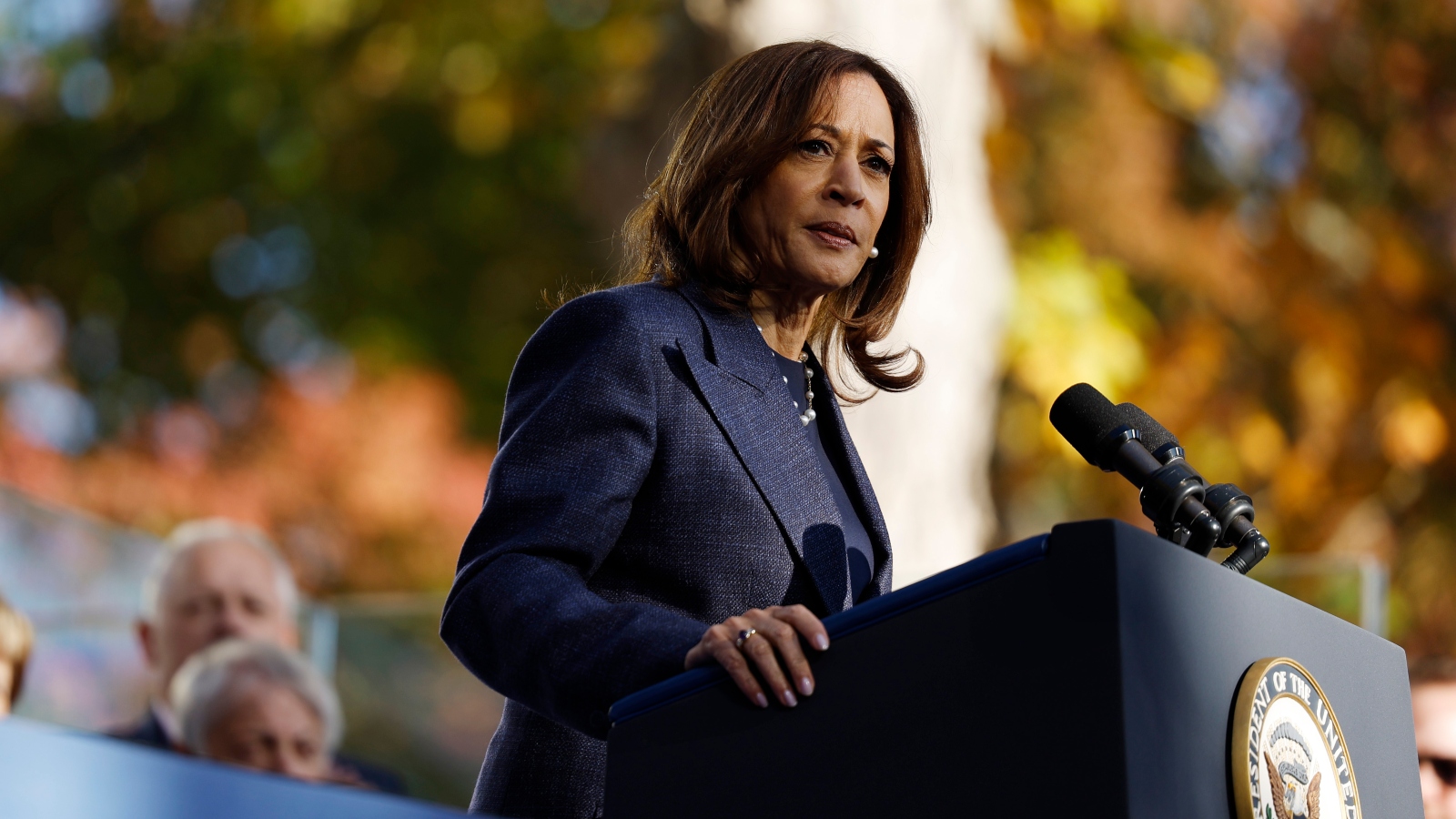OPINION: This article may contain commentary which reflects the author's opinion.
Harry Enten, the senior data analyst for CNN, said that the momentum of the presidential election is changing swiftly and not in favor of Democrat presidential nominee, Vice President Kamala Harris.
He joined CNN anchor Kate Bolduan on Friday, where he said that the Democrat’s momentum had stalled, and while she remains more popular than the Republican presidential nominee, former President Donald Trump, he believes that will not be enough to give her the presidency.
He explained that in 2016 the Democrat nominee, former Secretary of State Hillary Clinton, was more popular than him and he won, and in the 2020 election President Joe Biden was more popular and won only by a slim margin.
And both of those candidates had a more generous popularity gap with former President Trump than the vice president has in the 2024 campaign.
“Joe Biden was more popular than Trump, much more, and he barely won, and Hillary Clinton was more popular than Donald Trump and lost. Being more popular than Trump isn’t enough,” the data analyst said.
And he said that while the former president’s popularity remains in the negative it is higher than it was in 2016 and 2020.
“If you believe he has somehow become less popular over time, let me change your mind about that. In fact, he is more popular at this point in the campaign than he was at this point in the 2020 campaign or the 2016 campaign,” the analyst said.
He said that the former president’s net favorability in 2016 was -27 but today is -9.
“Kamala Harris is more popular than Donald Trump, but Kamala Harris had her popularity rising once she became the presumptive Democratic nominee,” he said.
“I think there’s this real question in Kamala Harris’s mind, in the campaign’s mind: why is Trump more popular now than he was at this point in 2020 and 2016?” he said. “And I think that is why you’re seeing the sharpening of attacks because they want to put him back down to here.”
There are new signs that Harris may be on track to lose her race against Trump, as several vulnerable swing-state Democratic U.S. Senate nominees are starting to distance themselves from the Harris campaign, with some even shifting to praise Trump as they seek to protect their own electoral odds.
An analysis of major TV ads from the campaigns of Sen. Bob Casey (D-PA), Rep. Elissa Slotkin (D-MI), and Sen. Tammy Baldwin (D-WI) reveals that they are portraying the former president in a favorable or at least neutral light, suggesting a willingness to work with Trump if he wins in November.
The shift is particularly notable for Slotkin and Baldwin, who have previously been outspoken in condemning Trump and supporting his various criminal prosecutions. Both are also now retreating from their previously strong progressive stances on electric vehicle mandates, global trade, and the outsourcing of manufacturing jobs as polling in their states increasingly favors the former president.
“Casey Supports Trump’s Trade Order” reads one headline from the Pennsylvania Democrat’s latest ad, underscoring how vulnerable the three-term incumbent has become in this election cycle. Polls show a tight race between Trump and Harris, who has openly reversed her commitment to end the Senate filibuster to pass the Green New Deal.
Harris, on the campaign trail, has reversed her previous long-held stances and now claims that she endorses domestic energy production and fracking, both of which resonate strongly with Pennsylvania voters. Additionally, the Keystone State’s other senator, John Fetterman (D-PA), has caused concern among fellow Democrats by publicly predicting that Trump will win the vital battleground state.
In Michigan, Slotkin is engaged in a fierce contest with former GOP Rep. Mike Rogers after years of courting progressive voters about the benefits of electric vehicle (EV) mandates. Currently, Slotkin’s television ads claim she will support “no electric car mandates,” likely in response to growing unrest among union auto workers who are concerned about potential job losses due to automation during the industry’s transition.
